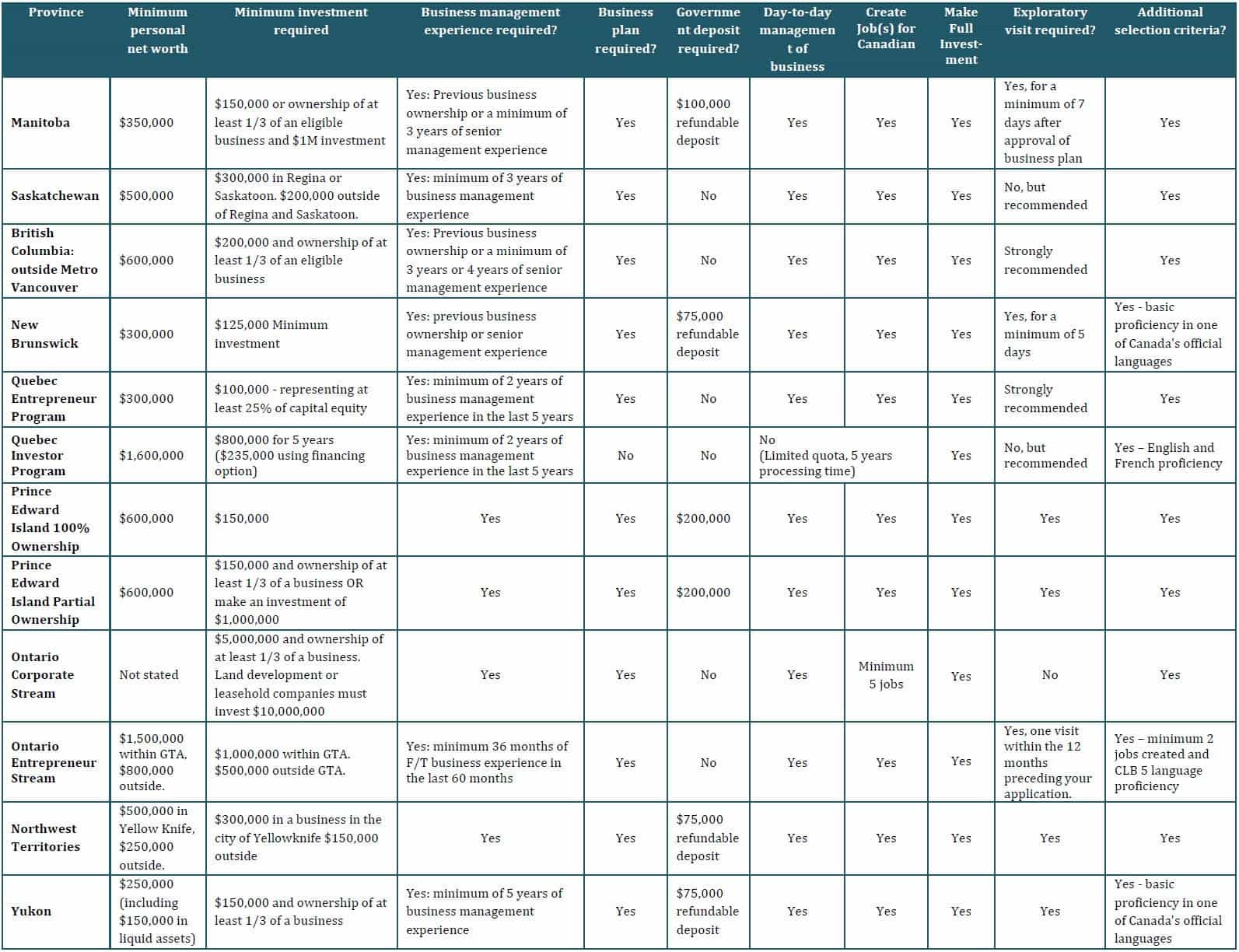Travellers to Canada face AI screening
Individuals seeking entry to Canada are now subject to AI screening when entering Canada at some land ports of entry (POEs).
The Canada Border Services Agency (CBSA) has developed a new tool, the Travel Compliance Indicator (TCI), to aid its officers screening people seeking entrance to Canada.
Moving to Canada? Sign up for our special newsletter!
The tool is currently being used at six land POEs, which the government has not disclosed.
The TCI assigns those entering Canada a “compliance score,” aiding CBSA officers in deciding whether a traveler and/or the goods that they carry into the country should be referred to for secondary examination.
The CBSA intends to roll out the TCI to all land POEs by late 2027, with further implementation at air and sea POEs to follow.
CBSA intends the TCI to increase efficiency and improve security screening at Canada’s POEs.
What impact does this tool have on newcomers and travelers entering Canada?
The CBSA states that the goal of using the TCI is to improve the traveler experience by reducing processing times and avoiding secondary security referrals due to “false positives” (when travelers are erroneously recommended for security screening despite being in full compliance with Canada’s entry regulations).
Mistaken security referrals put an extra burden on CBSA’s processing while slowing processing times at POEs for travelers.
The department claims that the TCI improves efficiency at POEs by using predictive analytics (based on five years of previous CBSA data) to help border services officers quickly identify compliant travelers and allow them to pass with fewer delays.
While the department is optimistic about the implementation of the TCI, it did also note in its report to Canada’s Treasury Board that should a CBSA officer act on an inaccurate recommendation from the system (such as a false flag), this could have longer-term effects.
In statements to various news outlets, the CBSA stressed that the TCI would be used as an aid to decision-making, with CBSA officers making all final determinations.
The department also noted the potential benefits to its operational capacity through the use of the TCI, something which it claims could not be similarly accomplished by hiring more officers.
How the TCI screens those entering Canada
The TCI uses artificial intelligence and predictive modelling to generate a compliance score for each traveler. Developed using five years of CBSA traveler data, the system compiles and analyzes information from multiple existing databases in real time.
If a traveler has entered Canada through one of the select POEs where the tool has already been implemented, they have already been subject to this screening.
The TCI has considered a variety of “live determinants” about those entering Canada to make judgments on their entry compliance, including their
Travel history from CBSA records;
Means of transport (e.g., vehicle, plane, or ship);
Whether the traveler is alone or accompanied;
The type of identification presented; and
Vehicle details such as license plate numbers.
This data is compared against established compliance patterns to predict whether a traveler is likely to comply with the Customs Act and similar regulations that the CBSA is tasked with enforcing.
The score does not itself determine outcomes; instead, it generates a flag that shows officers if a person’s “information matches a compliance pattern”, which in turn helps the officer in deciding whether to refer a traveler for secondary examination.
The TCI has been piloted at the six land ports of entry where it has been in use since 2023.
With an investment of over $15 million, and annual maintenance costs projected at about $700,000, the TCI is part of CBSA’s broader modernization initiative aimed at securing Canada’s border and managing growing traveler volumes without significantly expanding staffing or infrastructure.















